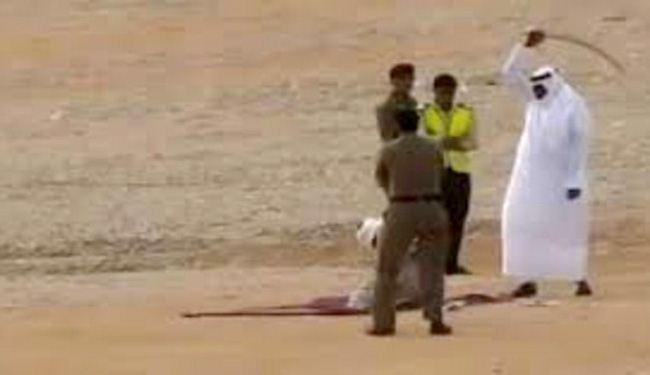
Saudi Arabia executed 25 people in 2020, according to monitoring carried out by ESOHR and Reprieve. Violations of international law included the execution of at least one minor and at least five people convicted of drug-related offences, amid persistent concerns of systematic torture and resulting unfair trials.
This is the lowest figure on record since ESOHR and Reprieve began monitoring executions in 2013. The decline can partly be attributed to the COVID-19 lockdown from February to April, when the government carried out no executions due to restrictions to control the virus.
It may also reflect an unofficial de facto moratorium on executions for certain non-violent offences. On January 14, it will have been a full year since the last execution for a discretionary ta’zir offence in the Kingdom. (Executions for qisas and hudud offences, for which set punishments are defined in Sharia law, have continued).
However, there is reason to believe that the number of executions will rise in 2021. The government recommenced executions at an increased rate in the final quarter of 2020: approximately one-third of all executions last year were carried out in December alone.
ESOHR is actively monitoring the cases of 80 people facing the death penalty at various stages of trial. Many face death sentences for crimes related to protected human rights, or have alleged substantial violations of their due process rights at trial, including that their confessions were coerced through acts of torture. Their executions would be illegal under international law.
In April, Saudi Arabia’s Human Rights Commission announced a royal decree that would eliminate capital punishment for certain childhood crimes with retroactive effect, but the decree remains unpublished and juveniles on death row such as Ali al-Nimr, Dawood al-Marhoon, and Abdullah al-Zaher have not been resentenced.
Reprieve Director Maya Foa said: “The apparent progress being made in Saudi Arabia is clearly driven by a desire to clean up its international image, but the gap between public relations and binding legal changes remains potentially deadly. If Mohammed Bin Salman is serious about reform, Saudi Arabia should release the young men sentenced to death for childhood crimes, and publish laws protecting vulnerable drug mules from execution.”
James Suzano, ESOHR Legal Director said: “The fact that the Saudi government has carried out zero ta’zir executions over the course of a year is promising, and should be recognised. We hope that that number remains zero in 2021. That said, Saudi Arabia still has a lot of work to do if it hopes to fulfil its obligations under international law. It can start by publishing the 2020 royal decree and officially recognising its de facto moratorium on ta’zir executions, and continue that work by withdrawing the death penalty against anyone accused of a ta’zir offence.“
